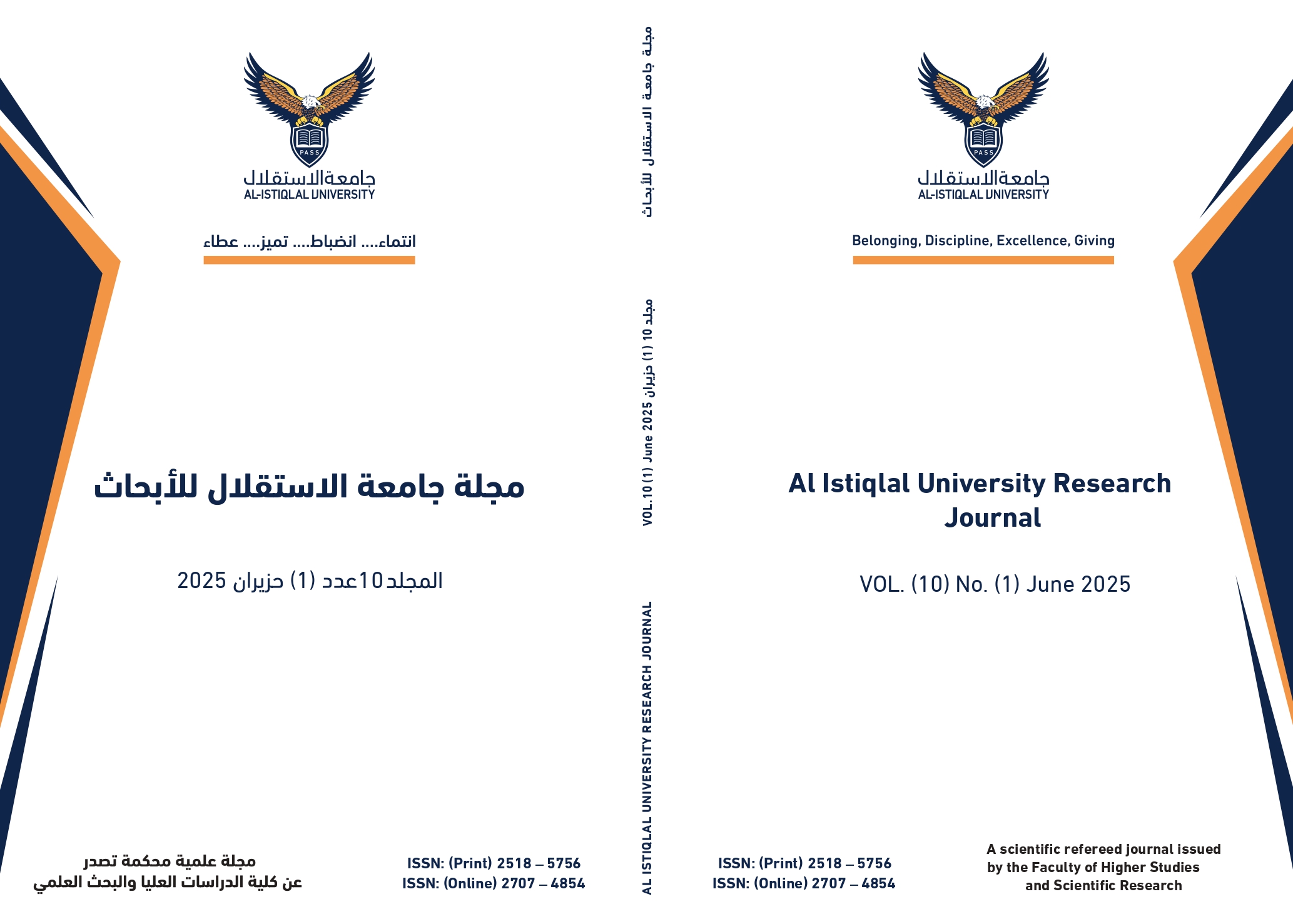Abstract
This research addresses the intellectual and epistemological transformations within Political Islam by providing an in-depth analysis of concepts such as the state, citizenship, and political participation, as reflected in the discourse of contemporary Islamic movements—focusing specifically on the case of Hamas. The central problem explored is the extent to which Islamic movements are influenced by epistemological shifts and their ability to transition from ideological rigidity to political pragmatism.
The study seeks to answer key questions: What are the main intellectual transformations in Political Islam? How are these reflected in the discourse and practice of Islamic movements? And to what extent does the case of Hamas represent a cognitive evolution in resistant Islamic thought?
The research aims to analyze the structural ideas underpinning Islamic political discourse, examine the shift toward pragmatism, and assess Hamas as a representative model. The study employs a critical analytical method, discourse analysis, and comparative historical approach.
The findings suggest that Political Islam is undergoing genuine epistemological shifts leading toward a more realistic and inclusive discourse. Hamas, in particular, illustrates this shift in its transition from ideological orthodoxy to flexible political engagement. Modern Islamic thinkers have also contributed to redefining the Islamic state on civil and pluralistic grounds.
The research recommends supporting intellectual revision within Islamic movements, enhancing epistemological political studies, and fostering renewed civic discourse grounded in Islamic values.
Keywords: Political Islam, Epistemological Shift, Pragmatism, Hamas, Islamic State, Contemporary Islamic Thought.

This work is licensed under a Creative Commons Attribution-ShareAlike 4.0 International License.
Copyright (c) 2025 Al Istiqlal University Research Journal




